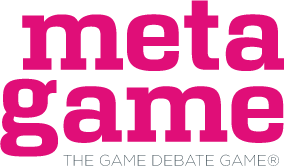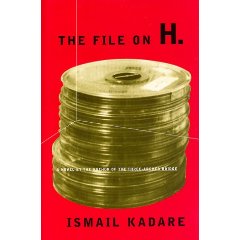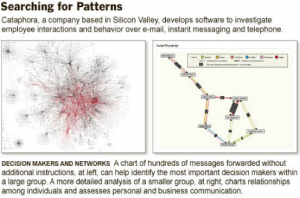From Humanist a pointer to a great blog essay by Kent Anderson about The Battle for Control — What People Who Worry About the Internet Are Really Worried About. The essay starts by talking about all arguments for an against the internet making us smarter or stupider. He quotes Adam Gopnick’s nice essay “The Information; How the Internet gets inside us” in the New Yorker that divides us into three groups,
. . . the Never-Betters, the Better-Nevers, and the Ever-Wasers. The Never-Betters believe that we’re on the brink of a new utopia, where information will be free and democratic. . . . The Better-Nevers think that we would have been better off if the whole thing had never happened, that . . . books and magazines create private space for minds in ways that twenty-second bursts of information don’t. The Ever-Wasers insist that at any moment in modernity something like this is going on, and that a new way of organizing data and connecting users is always thrilling to some and chilling to others.
Kent then turns historical looking at both the infoglut trope over time and then, in an original move, he looks at what some of the originators of the Internet thought it would be. He ends by concluding that it is really about control,
We may argue again and again whether the Internet is changing our brains, elevating us, lowering us, making us smarter, or making us stupid. But at the end of the day, it seems the real argument is about control — who has it, who shares it, and who wants it.



